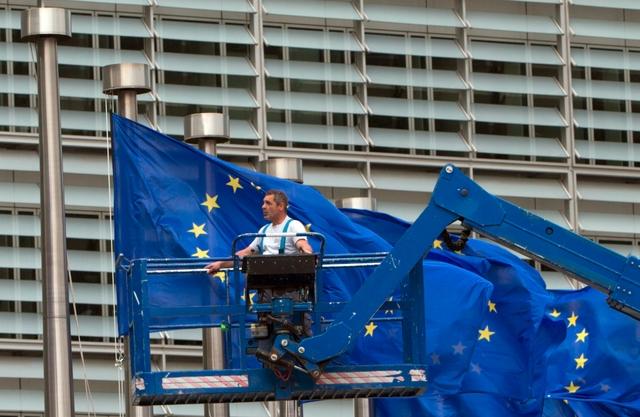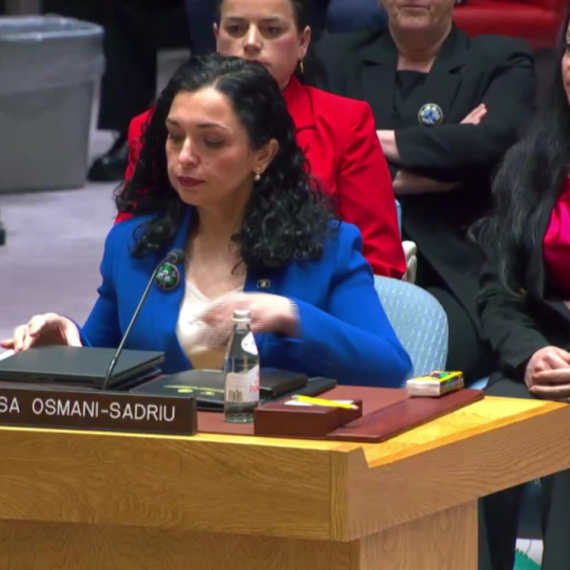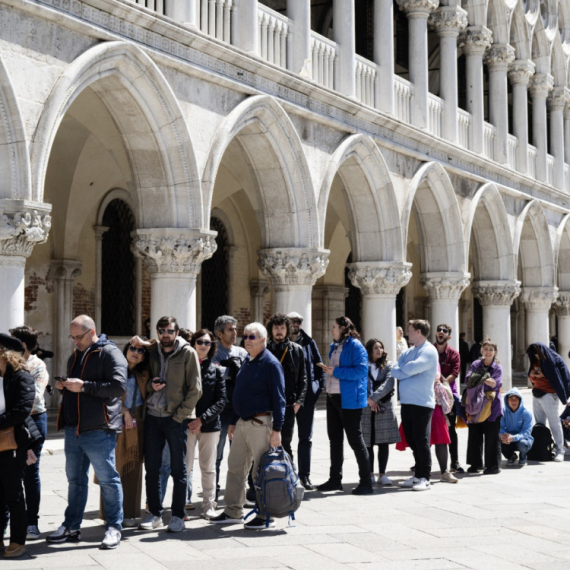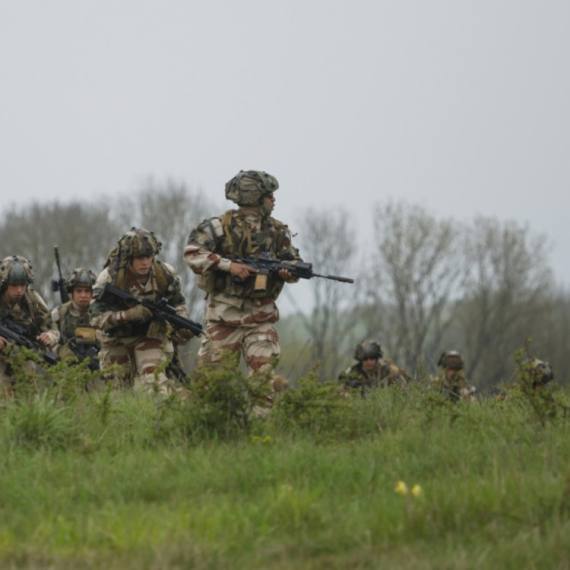EU "expects problem resulting from spy affair to be solved"
The EU is watching with interest the developments between Belgrade and Zagreb, Belgrade-based daily Danas said it learned unofficially, from diplomatic circles.
Monday, 05.09.2016.
10:39

EU "expects problem resulting from spy affair to be solved"
According to the paper, "a reaction from Brussels could be expected when more official and confirmed information is available, which is currently not the case."The article quotes the sources as saying that "Brussels expects both countries to solve all outstanding issues through constructive bilateral dialogue and with respect for each other," and repeating the statements made in a letter EC President Jean-Claude Juncker recently sent to Serbian PM Aleksandar Vucic, about "good neighborly relations and regional cooperation as well as reconciliation being the fundamental principles that must be respected."
"The question is whether the new situation has to do with the Croatian insistence on making Serbia amend a law establishing the so-called universal jurisdiction over war crimes prosecutions," the article said, adding that "some media claim" the suspect arrested by Serbia was selling Croatia confidential counterintelligence information "based on which nine indictments for war crimes have been issued against members of Serb forces."
Filip Svarm, editor in chief of the Belgrade-based weekly Vreme, told the paper that "one has nothing to do with the other directly - because we still have no precise information about what this is actually about, although this problem can be assigned to the corps of outstanding issues between the two countries."
"There have been arrests before both in Croatia and in Serbia, but mostly for war crimes. This time, at least according to available information, it's about espionage. More information can be expected tomorrow (Monday). And this is one of the phenomena caused by the relations between the two countries that have been ongoing for six months," said Svarm.
He does not expect a reaction and pressure from Brussels on Zagreb and Belgrade, "although the bureaucrats likely keep track of what's going on, considering that the line of verbal confrontation has not been crossed yet." Svarm also thinks it is possible that Croatian and Serbian officials could meet again, "like the meeting on the bridge between Croatia's president and Serbia's prime minister."
The purpose of this, according to him, would be "to show European partners they are working on calming passions - but experience has taught us that too much should not be expected from such meetings."
"Serbia has chosen the most drastic way to resolve a situation where, according to the official data and what can be seen in the media, a person has been arrested on suspicion of espionage," said lawyer Djordje Kalanj, who in the past defended Bozidar Kulisic, a suspected spy arrested in 2001, who died during the legal proceedings.
According to Kalanj, the charge of espionage "has to do with politics between the two countries."
He noted that "bilateral relations between countries" determine whether a suspect in such cases is put on trial, or if other measures are chosen, such as expelling the suspect, reaching a deal, or sending diplomatic notes. "Given that the person arrested is also a citizen of Serbia, it is not possible to expel him, and we see that Serbia has gone for prosecuting him and publishing information in the media, which is the most drastic way of solving the problem," said Kalanj.
Meanwhile, Momir Stojanovic, former director of the Serbian Military Security Agency (VOA), told another Belgrade daily, Politika, that it remains to be determined what information has been passed on to Croatia, but also "who the suspect's helpers are - considering that this is not only about the arrest of one person, but about uncovering a whole network of suspects."



























































Komentari 7
Pogledaj komentare